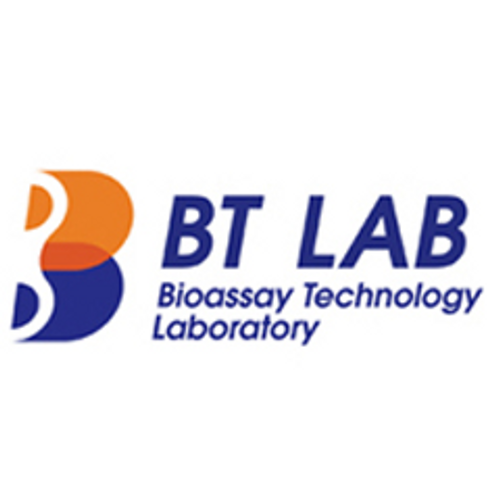Product Description
Rabbit Anti-brain tissue antibody (ABAb) ELISA Kit | AE62692RB | Abebio
Species Reactivity: Rabbit (Oryctolagus cuniculus)
Abbreviation: ABAb
Alternative Name: N/A
Application: ELISA
Range: Request Information
Sensitivity: Request Information
Intra-Assay: ≤4.6%
Inter-Assay: ≤8.6%
Recovery: 0, 98
Sample Type: Serum, Plasma, Other biological fluids
Detection Method: Competitive ELISA
Analysis Method : Qualitative
Test Principale: This assay employs the competitive enzyme immunoassay technique. The microtiter plate provided in this kit has been pre-coated with an antibody specific to ABAb. Standards or samples are then added to the appropriate microtiter plate wells with a Horseradish Peroxidase (HRP) -conjugated ABAb and incubated. The competitive inhibition reaction is launched between with HRP labeled ABAb and unlabeled ABAb with the antibody. A substrate solution is added to the wells and the color develops in opposite to the amount of ABAb in the sample. The color development is stopped and the intensity of the color is measured.
Product Overview: Neuromodulating activity of anti-brain autoantibodies obtained from electroshocked (ECS) rats was tested on the neurons of isolated suboesophageal ganglion of the snail Helix pomatia. In 16 out of 18 spontaneously active (pacemaker) neurons. ECS IgG containing anti-brain autoantibodies induced short-lasting epileptiform discharges and membrane depolarization. Membrane input resistance and time constant decreased, while membrane capacitance increased after addition of ECS IgG. Amplitude of evoked action potential (AP) decreased, whereas AP duration, rise time and fall time slightly increased. Thus, anti-neural autoantibody-positive IgG from rats with experimental epilepsy, but not autoantibody-negative IgG from control rats, significantly affected the bioelectrical properties of the isolated snail neurons. These results suggest that anti-neural autoantibodies present in epileptic animals are capable of influencing in vivo the function of the brain neurons.
Stability: The stability of ELISA kit is determined by the loss rate of activity. The loss rate of this kit is less than 5% within the expiration date under appropriate storage condition. The loss rate was determined by accelerated thermal degradation test. Keep the kit at 37°C for 4 and 7 days, and compare O.D.values of the kit kept at 37°C with that of at recommended temperature. (referring from China Biological Products Standard, which was calculated by the Arrhenius equation. For ELISA kit, 4 days storage at 37°C can be considered as 6 months at 2 - 8°C, which means 7 days at 37°C equaling 12 months at 2 - 8°C) .
 Euro
Euro
 USD
USD
 British Pound
British Pound
 NULL
NULL








